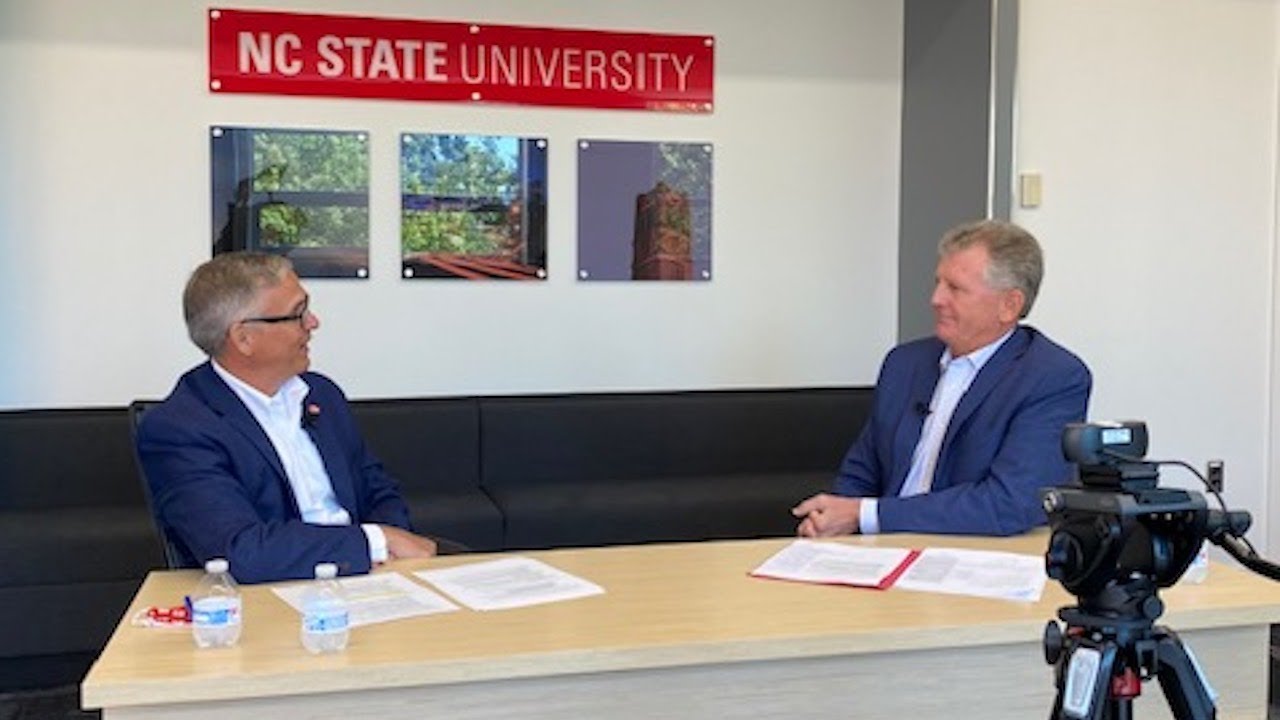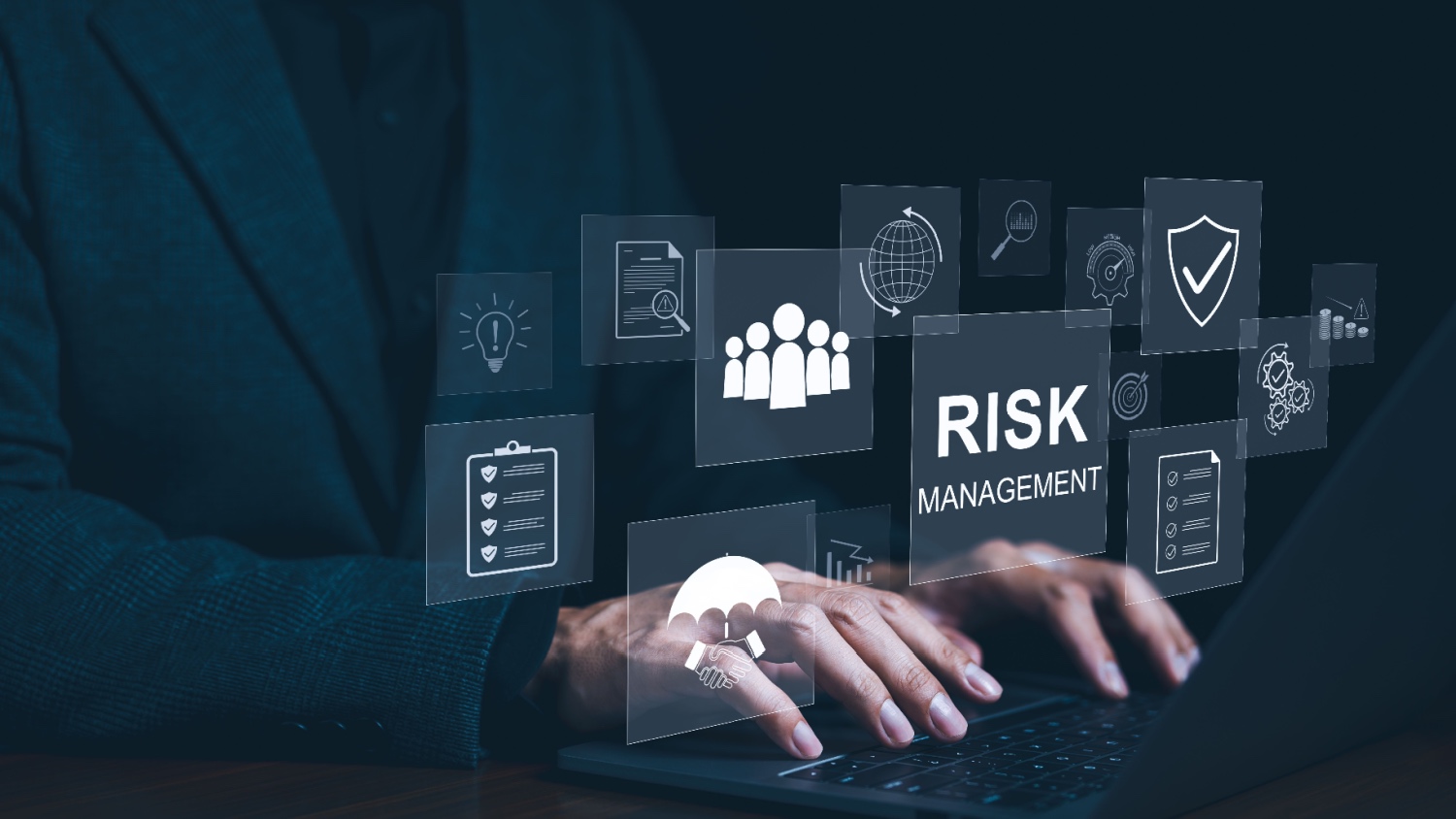Risks Can Be Leveraged as Opportunities in the Post-COVID ‘New Normal’
Mark Beasley, director of the Enterprise Risk Management (ERM) Initiative and KPMG professor of accounting, and Frank Buckless, Stephen P. Zelnak Jr. Dean of Poole College, hosted the inaugural Virtual Thought Leadership Series event, Strategies of the New Normal: Lessons from Risk Management.
Beasley and Buckless initially broke down the definition of ERM as an additional view on risk management that is designed to be a top-down, holistic strategic view of risk. The discussion took a look at the impact COVID-19 pandemic and how companies can implement ERM processes into their business plans to navigate huge volumes of risks as they look towards a post-COVID world.
Key Insights
1. A single risk can affect an entire organization
“COVID-19 has helped more people than before understand that a single-root issue can cause a risk to affect every aspect of a business,” said Beasley.
The pandemic has caused what seemed like miniscule risks to turn into business-wide crises over the past months. The virus has had a domino effect on the workforce, consumers and technology for most businesses all stemming from a single-root issue.
2. Be patient for the future
Companies should be careful to not be as anxious for post-COVID life as they continue to “put out the many fires” that continue to be ongoing.
“It is recognizing that we are still in a crisis mode where there is a tremendous amount of uncertainty, and that affects how far out I should be thinking about risks,” said Beasley.
But as we look beyond COVID-19, we don’t want to too quickly discount the importance of still thinking about how we manage risks. While soon we can say COVID is behind us, a company can still experience other catastrophic events such as a cyber breach or another crisis with equally as big of an impact to their organization.
3. Five ERM principles of COVID-19
During the discussion, Beasley laid out the five principles of ERM during the COVID-19 crisis:
- First Principle: Focus on the people of your organization by thinking about their needs and struggles working remotely or on the front line.
- Second Principle: Think about what is strategically important for your organization before zeroing in on risks.
- Third Principle: Understand the risks of what’s most important strategically so you can narrow in on the most important risk for your company and what needs to go right.
- Fourth Principle: Learn how to respond to risks effectively without expecting perfection.
- Fifth Principle: Consistently monitor and communicate the risks your organization is facing internally and externally.
4. Business models will change in the “new normal”
Thirty-six percent of the ERM Initiative Advisory Board, a board made up of 55 executives across industries, stated that their business models will change significantly post-COVID. This is a reality for many businesses as the workforce is becoming more comfortable with the flexibility of working from home.
“The huge opportunity for us is we can open up our vision of how we attract talent,” said Beasley. “I can have talent working for NC State and they live in California.”
5. Risks can be leveraged as opportunities
The COVID-19 crisis has caused companies to move away from siloed thinking in terms of risk management. Moving forward, it is all about finding the opportunities in risks and expanding upon them to create a positive outcome for your organization.
Beasley believes that COVID-19 can push organizations to collaborate more between departments and can foster creativity as structure has been taken away.
- Categories:
- Series:



